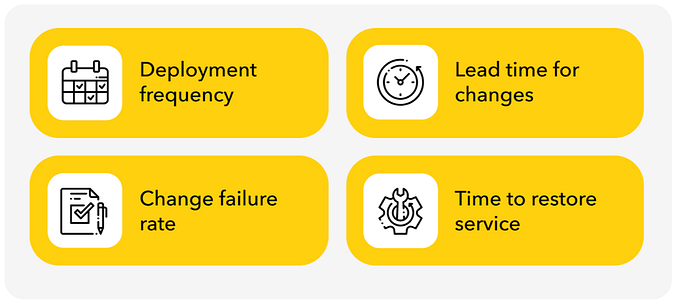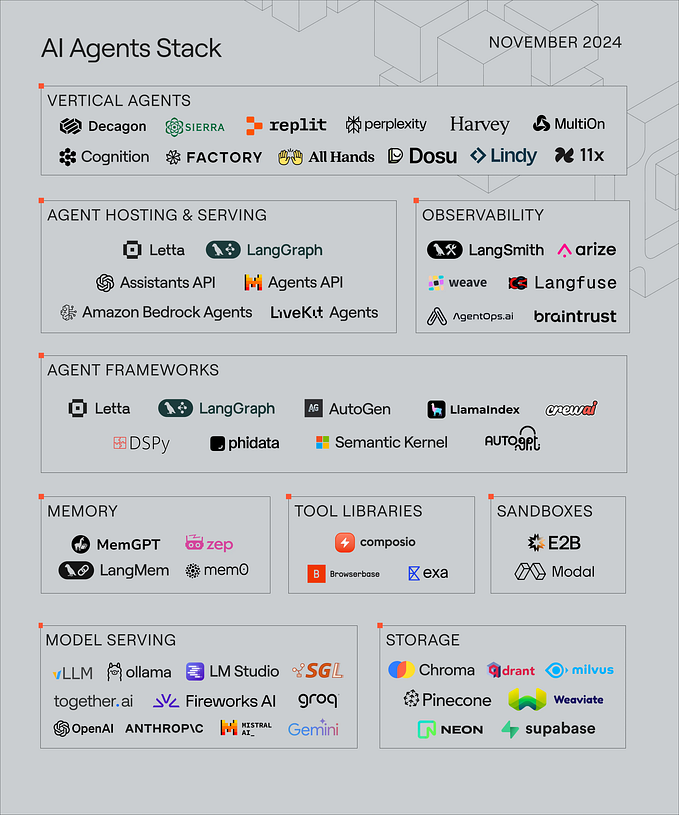Navigating the AI Landscape: The Significance of Planning for Engineers, Data Scientists, Product Managers, and Entrepreneurs

In the rapidly evolving realm of artificial intelligence (AI), the importance of planning cannot be overstated. Without a well-structured plan, AI initiatives can easily falter, leading to wasted resources, missed opportunities, and ultimately, failure. This article delves into the significance of AI planning, outlining key considerations for effective execution and highlighting its role in achieving AI success.
Why Planning Matters?
In the dynamic world of AI, planning serves as the anchor that keeps organizations grounded and moving in the right direction. Here are some of the compelling reasons why AI planning matters:
- Goal Alignment: A well-defined AI plan ensures that AI initiatives align with the overall business objectives, maximizing their impact and value.
- Resource Optimization: With a clear plan in place, organizations can allocate resources efficiently, preventing overruns and ensuring that the right talent and tools are secured for the project.
- Risk Mitigation: Proactive planning helps identify and address potential risks early on, minimizing disruptions and safeguarding the success of the AI endeavor.
- Clear Communication: A comprehensive AI plan fosters clear communication and collaboration among stakeholders, ensuring that everyone is on the same page and working towards a common goal.
- Continuous Improvement: An effective AI plan provides a framework for continuous evaluation and improvement, enabling organizations to adapt and refine their AI strategies as needed.
Key Considerations for Effective AI Planning
To ensure successful AI implementation, organizations should carefully consider the following key factors:
- Set Clear Goals: Define specific objectives and desired outcomes for the AI initiative. These goals should be measurable and aligned with the overall business strategy.
- Assess Current State: Evaluate the organization’s existing data infrastructure, capabilities, and resources to identify strengths, weaknesses, and potential challenges.
- Identify AI Solutions: Select the most suitable AI techniques and tools based on the specific goals, data, and computational resources available.
- Develop an Implementation Plan: Outline a detailed plan that includes specific steps, timelines, resource requirements, and milestones.
- Establish Monitoring and Evaluation: Define key metrics to track the progress of the AI initiative and identify areas for improvement.
- Communicate Effectively: Share the AI plan with all relevant stakeholders to foster alignment, collaboration, and informed decision-making.
- Adapt and Iterate: Be prepared to adjust the AI plan as conditions evolve and new insights are gained.
Planning: The Path to AI Success
By prioritizing planning, organizations can effectively harness the power of AI to drive innovation, enhance business processes, and achieve strategic goals. A well-defined AI plan serves as more than just a roadmap; it’s the foundation for a successful AI journey, ensuring that organizations maximize the benefits of AI while minimizing risks and maximizing impact.
Embrace Planning for AI Mastery
As AI continues to permeate various industries and aspects of life, the significance of planning will only grow. By embracing planning as a critical component of their AI strategies, organizations can empower themselves to navigate the AI landscape with confidence, paving the way for innovation, growth, and success.
For future content — Follow me @https://linktr.ee/madhumitamantri









